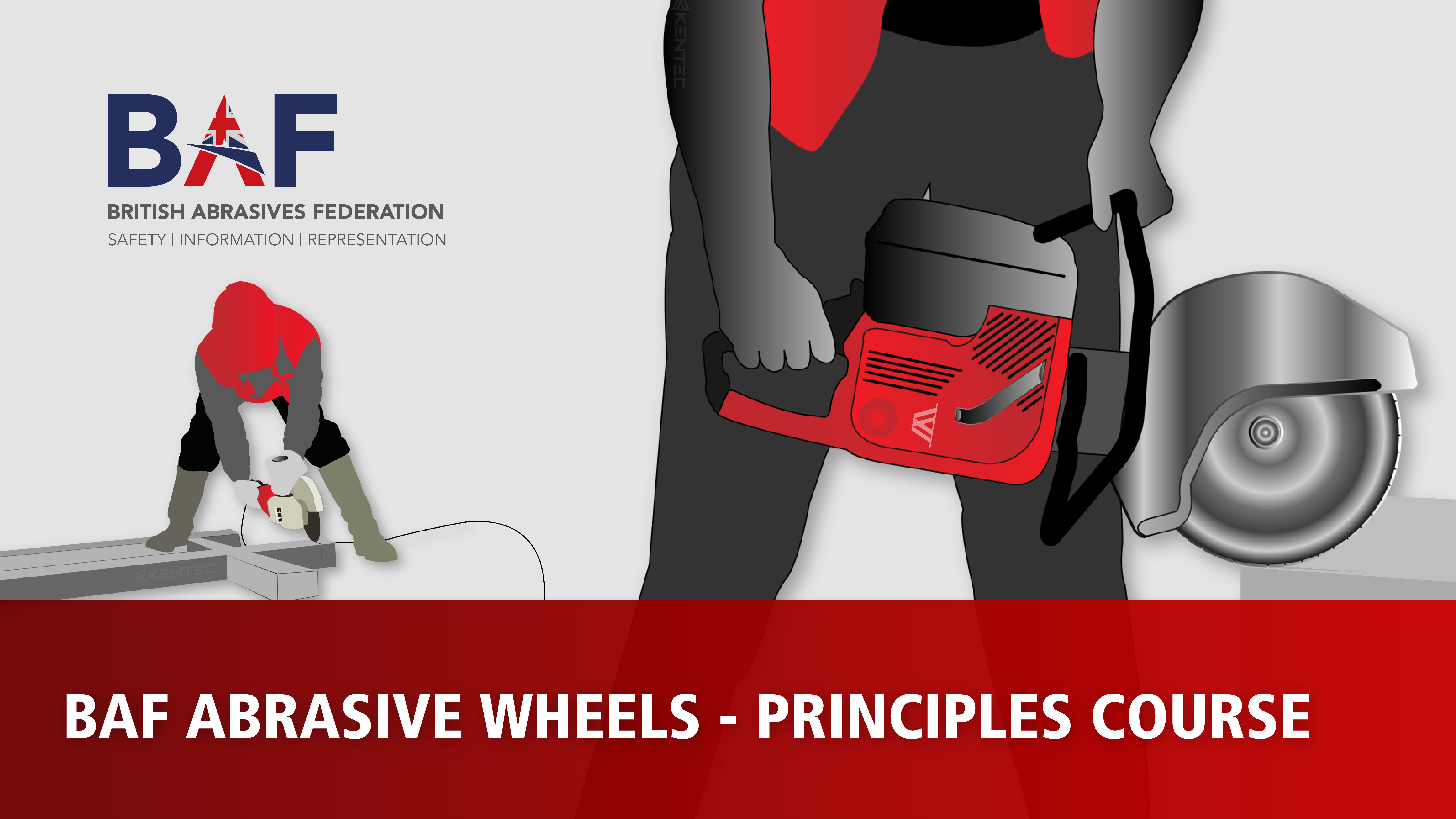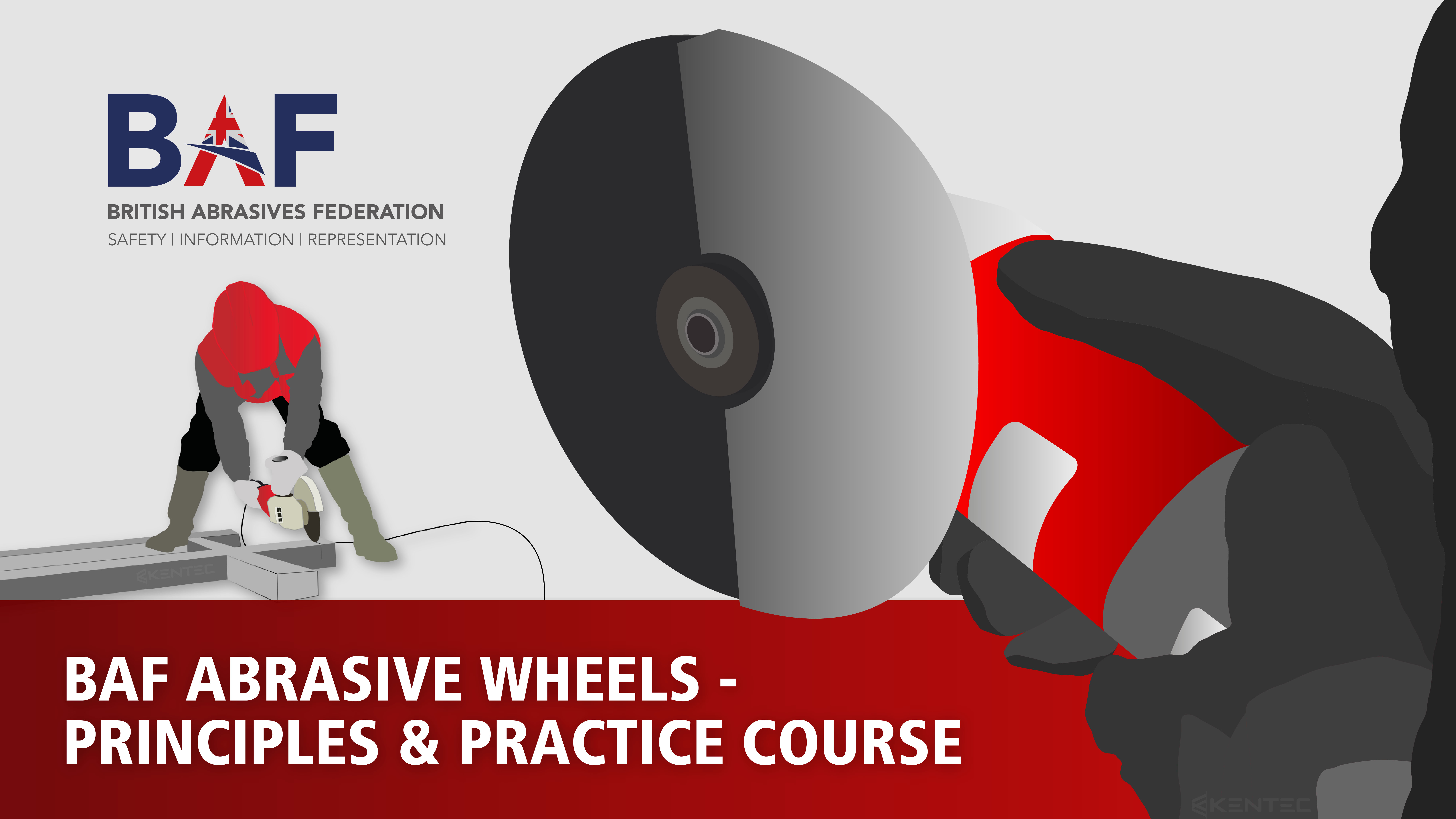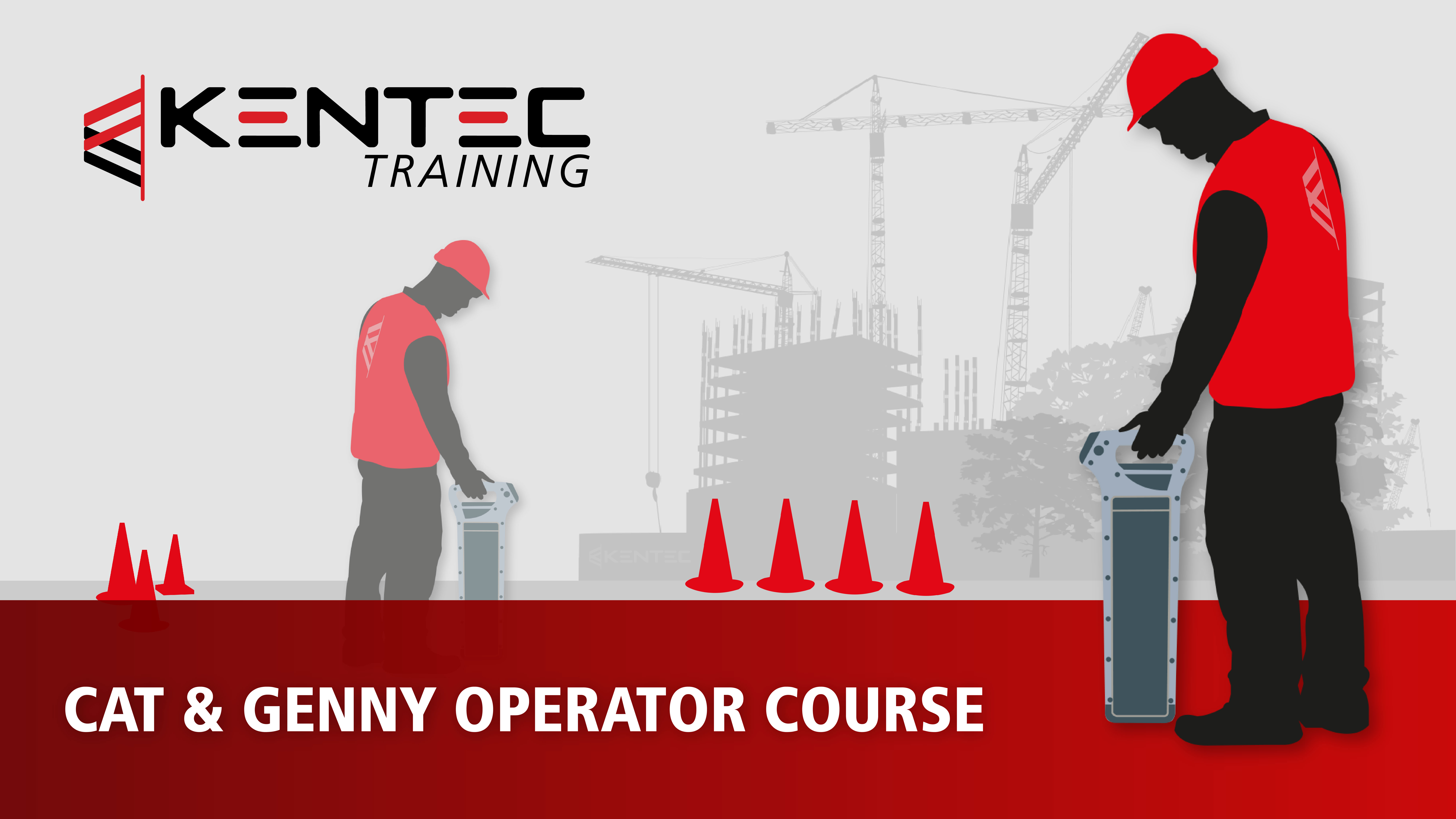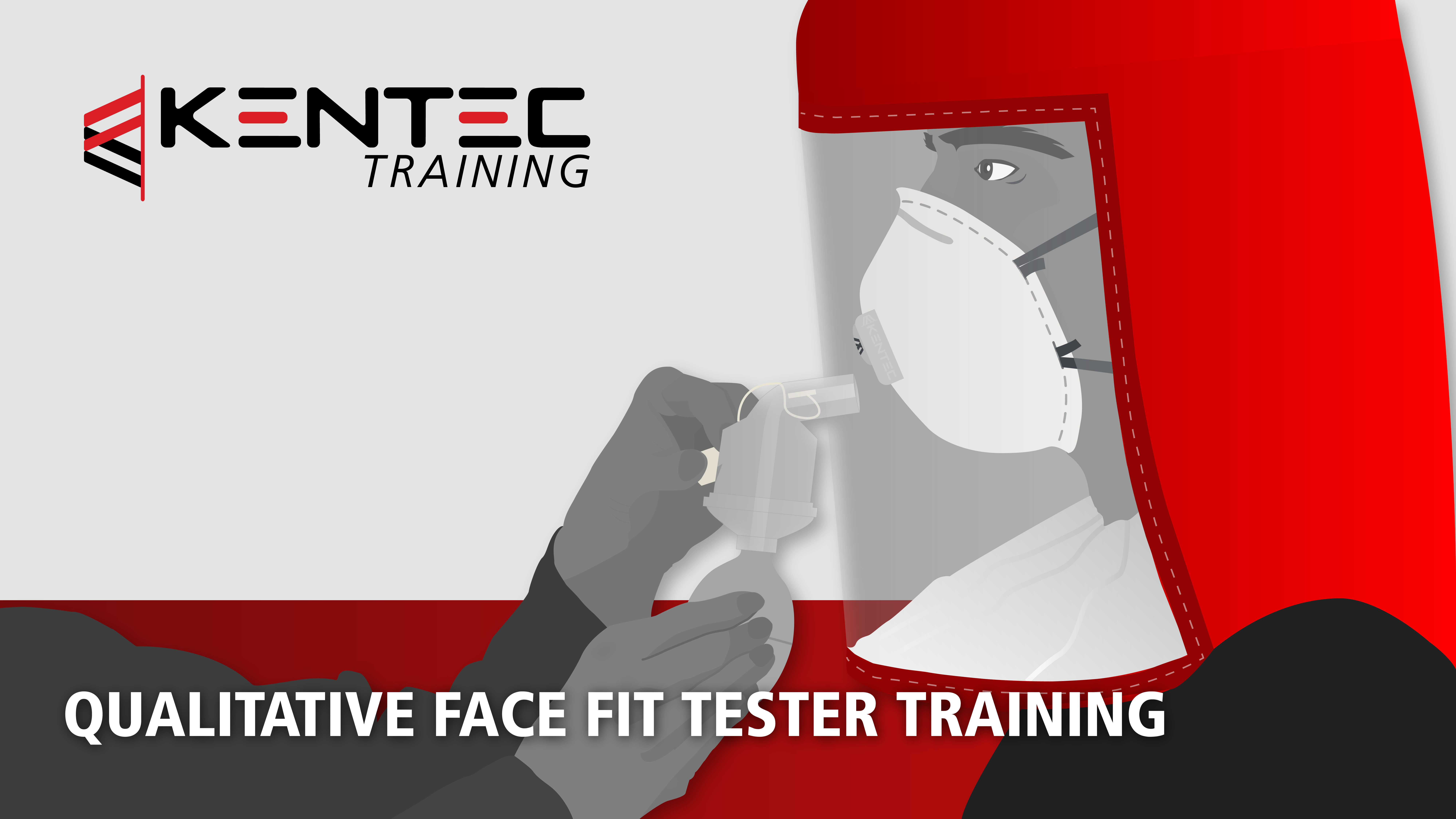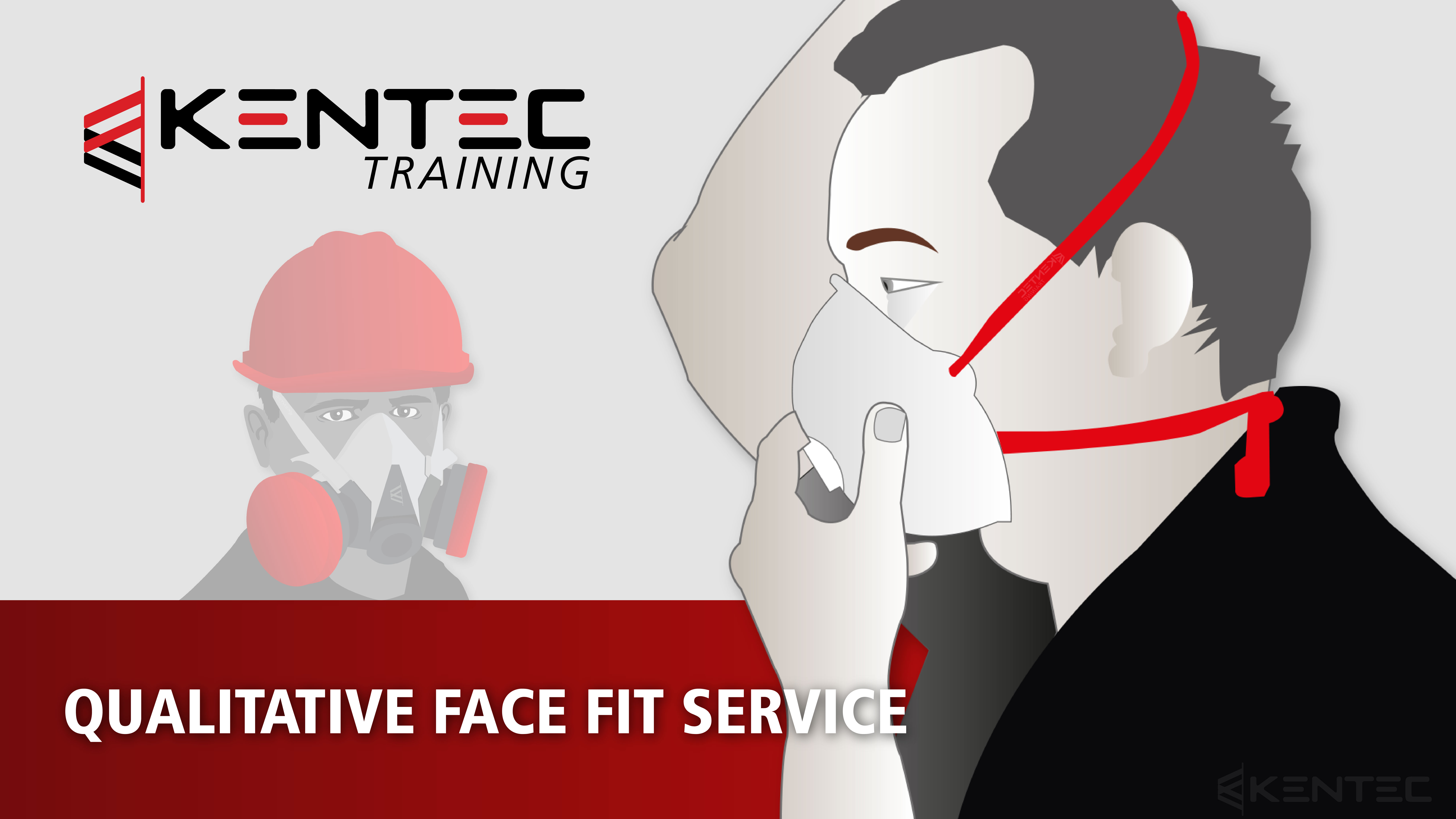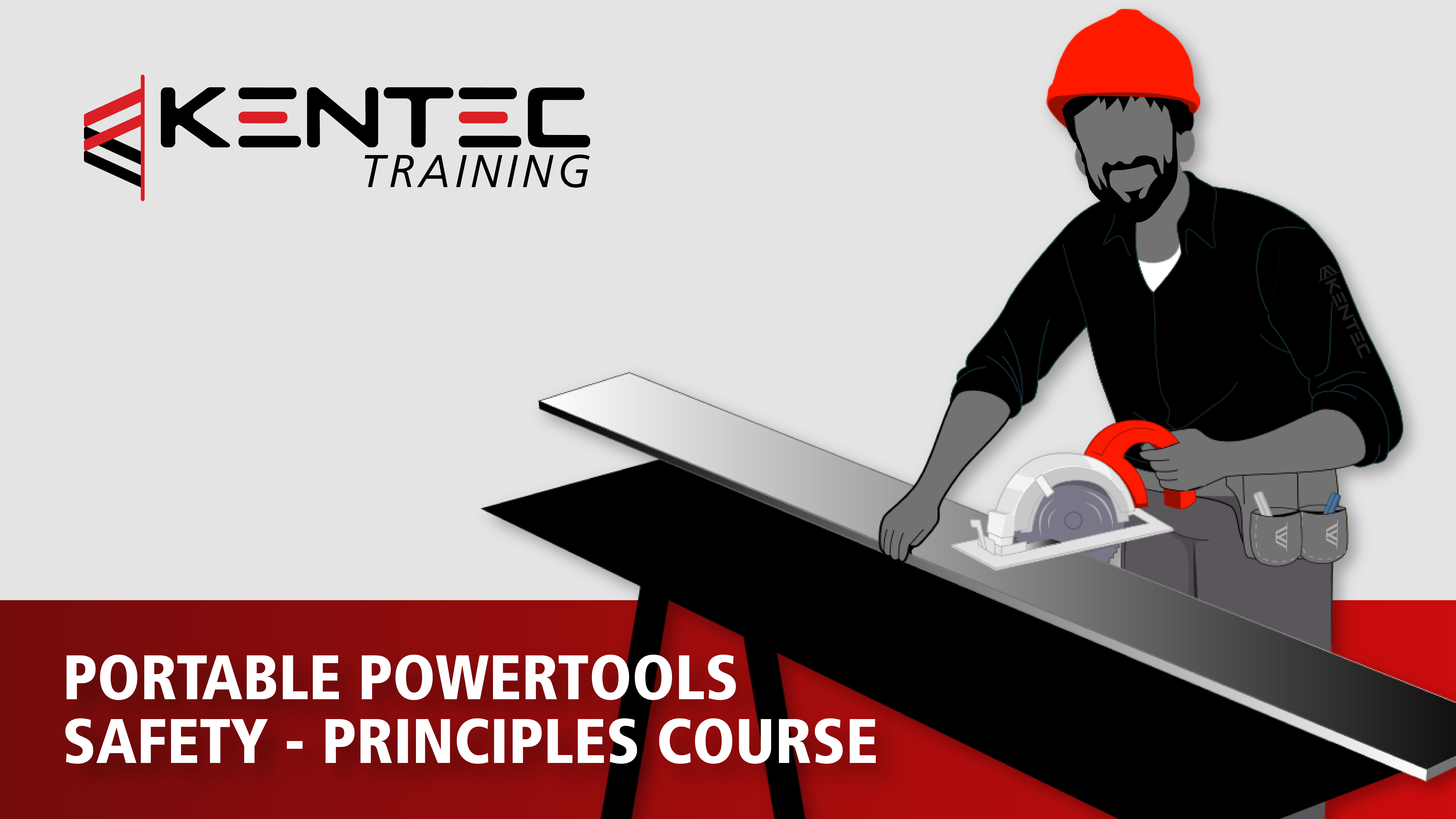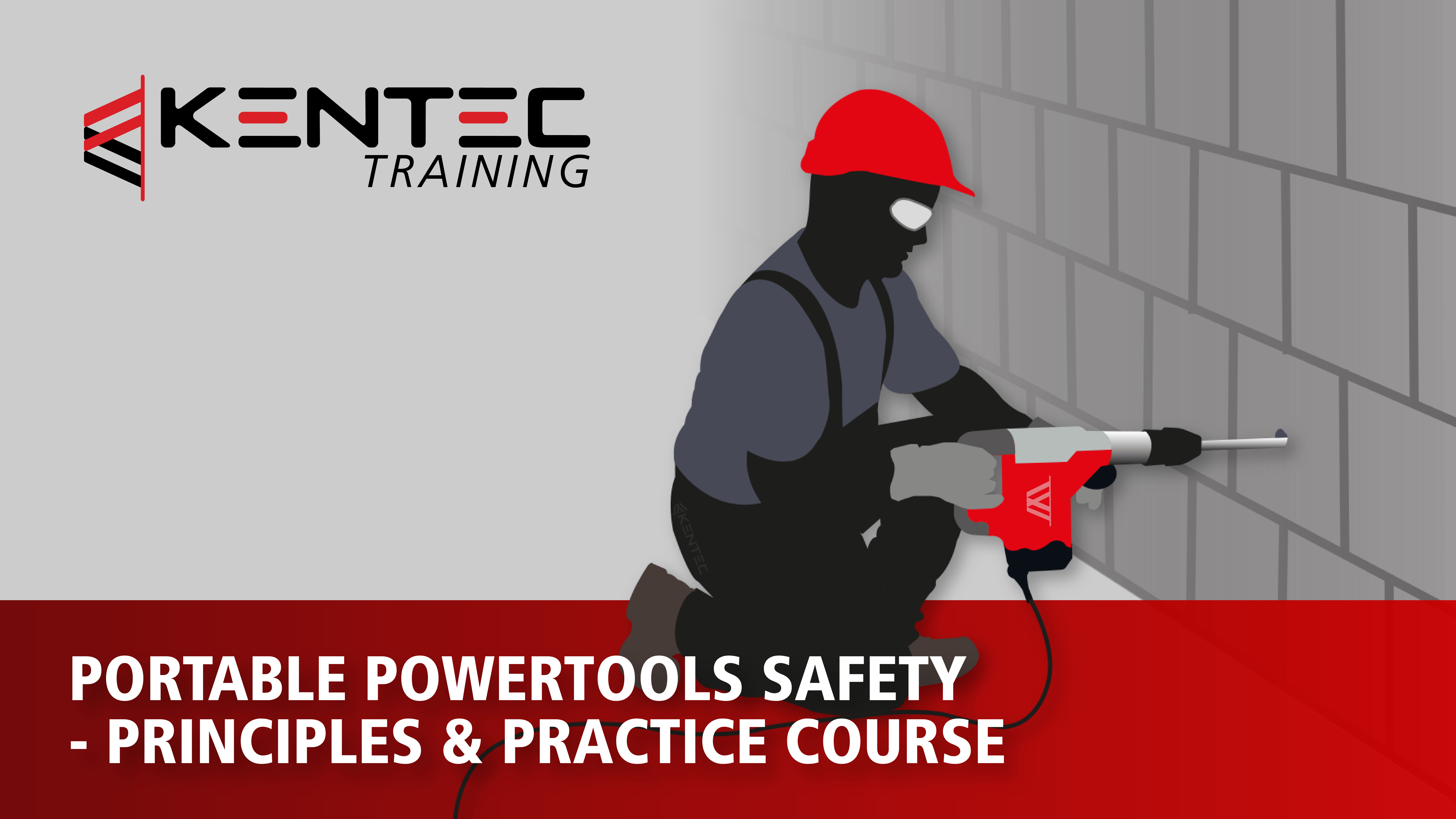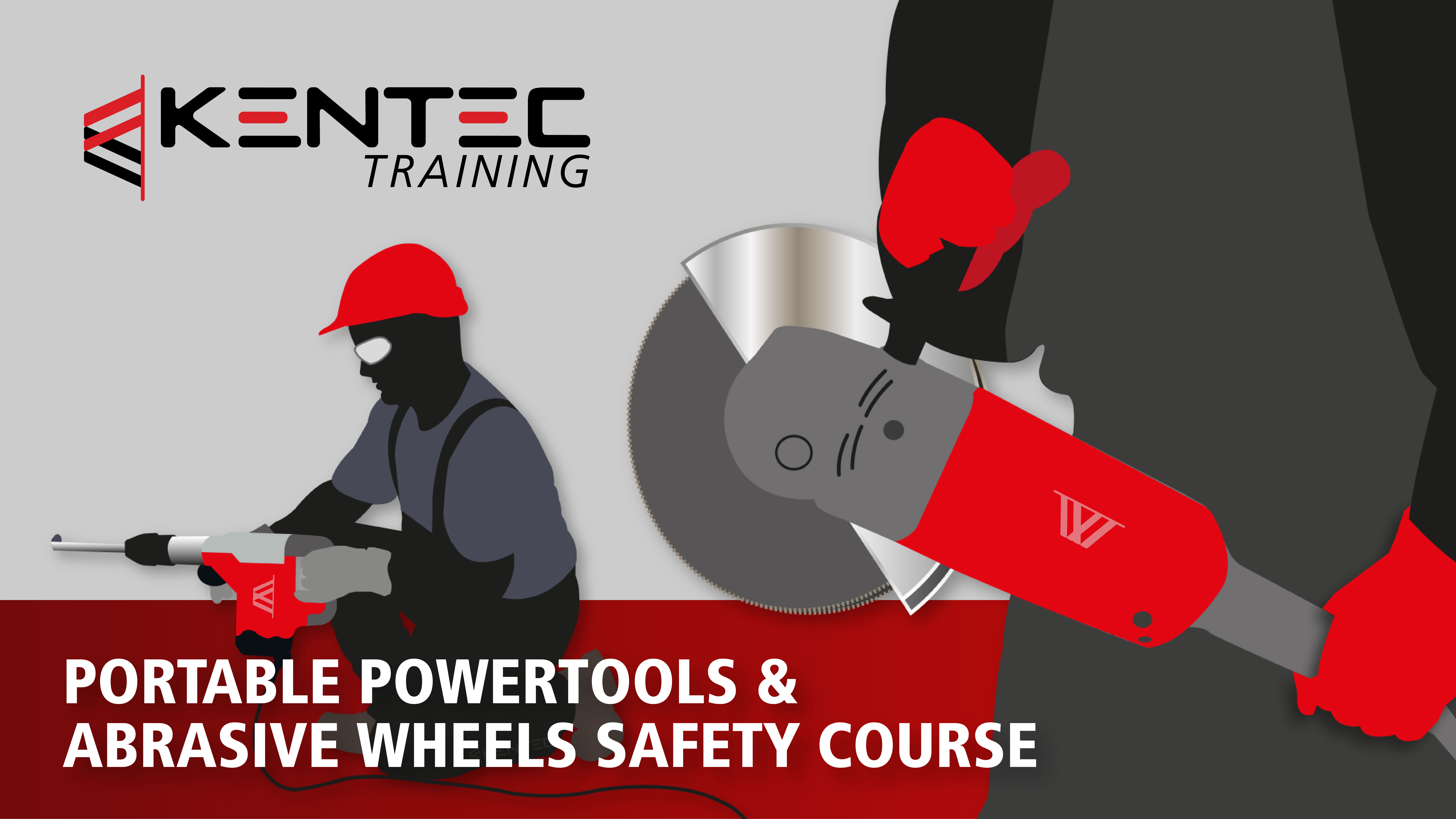Our Portable Appliance Testing (PAT) Course delivers a minimum of 6 hours of instruction and is designed to teach up to a maximum of 12 delegates. The course provides training in the safe and correct use of portable appliance testing - ensuring delegates have the necessary knowledge to carry out the process safely and adhere to the regulations required of an organisation.
The course price is inclusive of a copy of the IET Code of Practice for In-service Inspection and Testing of Electrical Equipment (5th Edition) worth £60.00.
This course providers delegates with both the technical theory behind the PAT testing procedure, how to carry out physical tests of different kinds of equipment, how to conduct thorough visual inspections, how to spot dangers, and what is required to deem an electrical appliance as being fit and safe for use. The test covers everything from computers to kettles and is a legal requirement for businesses to carry out on a regular basis in order to comply with regulations.
While PAT testing machines are provided for the duration of the course, we also encourage delegates to bring their own PAT Tester to the training course and our expert instructors can show you how to use it!
This course consists of a training room lecture and presentation, written assessment, practical training, and assessment.
Our PAT (Portable Appliance Testing) Training Course is ideal for those who are responsible for maintaining portable appliances in their work environment, or those who would like to begin a career in PAT testing regardless of whether they already have experience in the industry or are new to the field.
You do not have to be an electrician to become a qualified PAT tester, you can learn how to perform PAT testing no matter what your background is. Whether you're an individual required to carry out PAT testing or a larger organisation required to conduct testing of all your electrical equipment, Kentec Training can provide the necessary training to make sure you are fully qualified as a PAT tester.
Since the safe use of portable appliance testing tools require that delegates consult safety notices and read and thoroughly understand the manufacturer’s instruction manual, English literacy and language comprehension are important requirements for any user.
The agenda for the PAT (Portable Appliance Testing) course includes:
- Why do we carry out PAT Testing?
- The law - what are your legal obligations?
- Principles of Electricity - Understand what the readings and measurements mean and the relationship between voltage, current and resistance
- Classification of Appliances - Class 1, 2 and 3 appliances - Find out how to tell the difference between different types of appliances so that you can carry out the correct tests
- Electrical Dangers - Discover important aspects such as why you need an earth wire, what insulation is for and how we test it.
- IET Code of Practice - We take a look at the theoretical aspects of the code of practice so that you can find any information you may need during the test
- Recording Results - How should you record your test results? What is the minimum requirement? Should I use software?
- Types of PAT Tester - What are the best types to use and explain the differences between them
- How to use a PAT Tester - The most important section. We go through the tests in detail with lots of different types of appliance so that you can have the confidence in what you are testing.
Successful delegates will receive a Portable Appliance Testing (PAT) e-certification accredited by Kentec Training valid for a period of 3 years from the date of the course.
Our FAQ area is the best place to look to find answer to your questions. Our community and support team
constantly update the questions and answers.
Of course! You are welcome to bring your own PAT Testing equipment to use during the course (provided it is in safe working condition and has been calibrated within the last 12 months), and our expert instructors will show you how to use it. If you do not have access to one, we provide all the necessary PAT testing equipment for your training and assessment sessions.
No. As this is a classroom-based course, you are not required to bring any Personal Protective Equipment (PPE). For certain training sessions, temporary equipment such as safety harnesses may be provided if required.
Yes, we can absolutely offer you support. We understand that everyone learns differently, and we’re committed to making our courses accessible to all. Our instructors are experienced in delivering training to individuals with varying levels of reading and writing ability.
We can offer additional verbal guidance, practical demonstrations, and one-to-one support when attending training courses at one of our training centres. If required, we can also arrange for assistance during written assessments, such as a reader.
Please let our support team know in advance if you have any concerns, and we’ll do everything we can to support you in successfully completing your training.
View All FAQs



